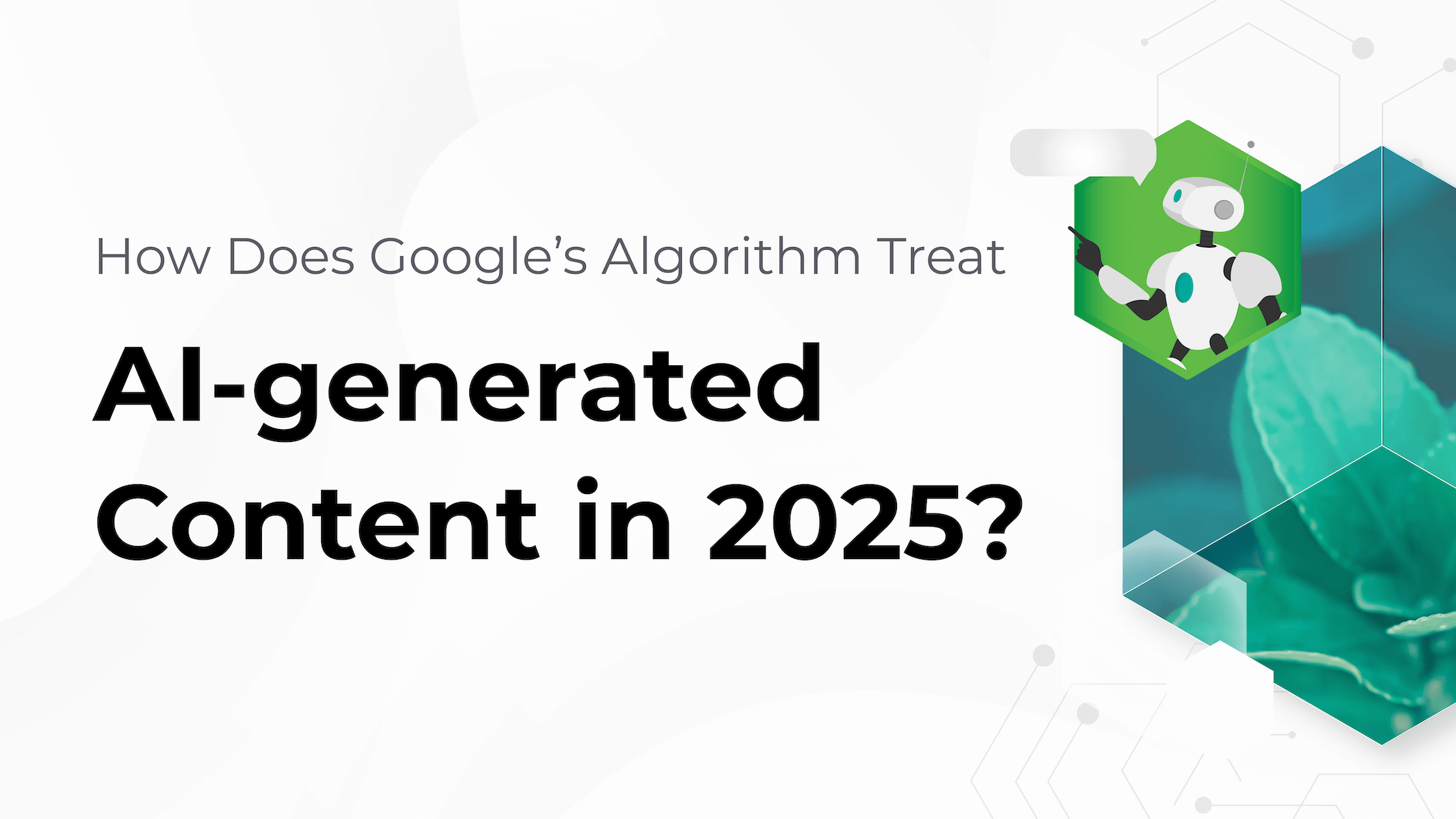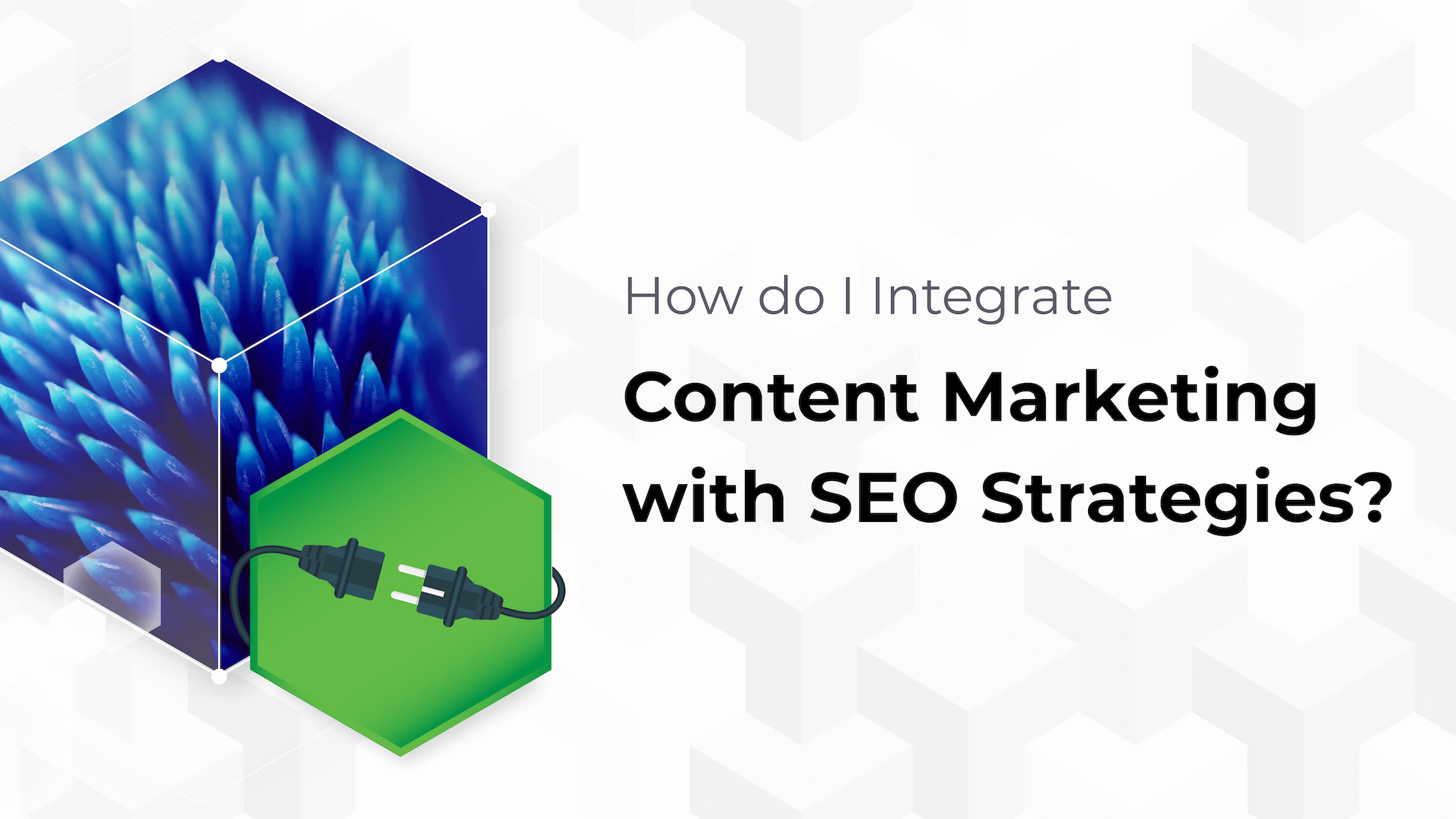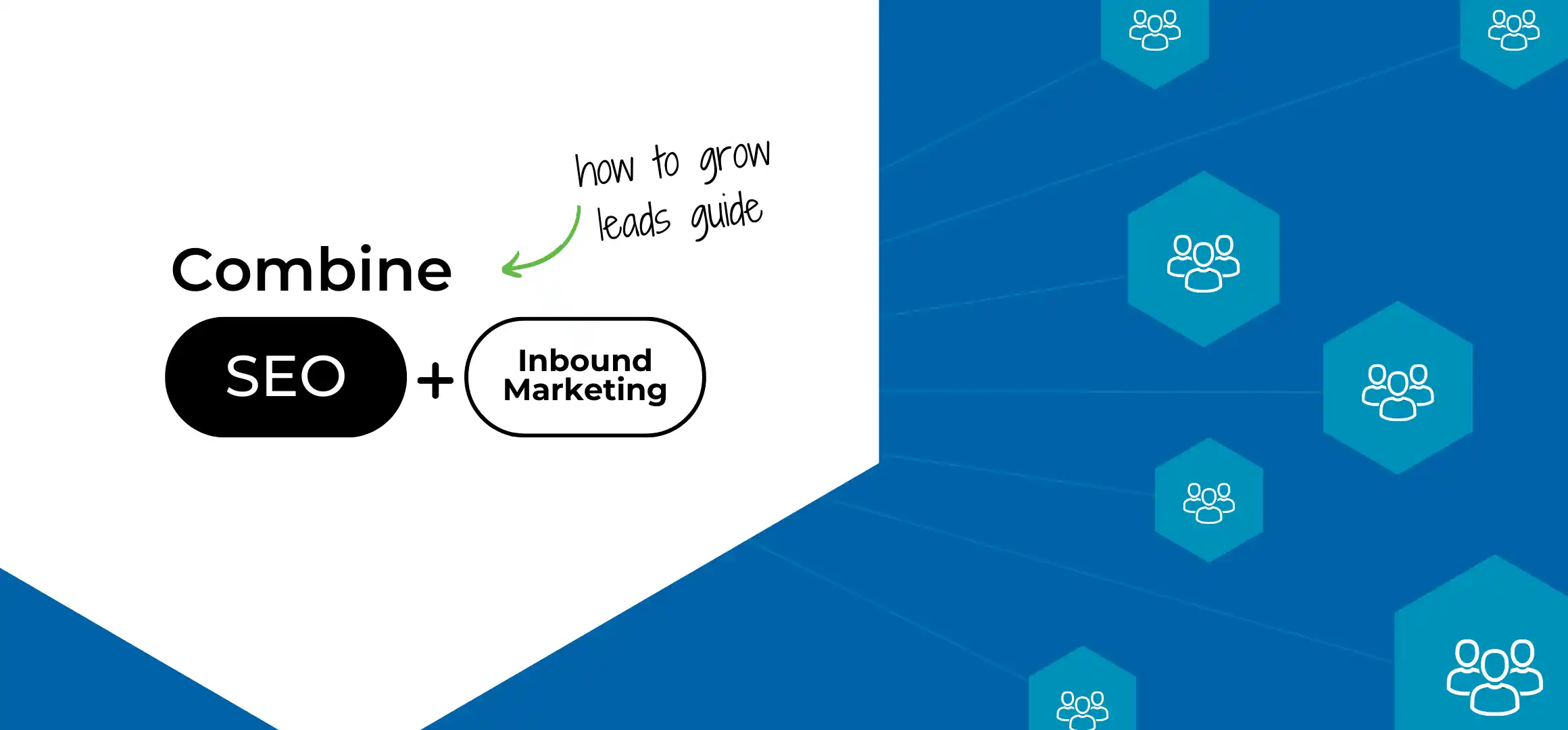
Author: Chris Burdick
AI-generated content is everywhere. It’s fast, cheap, efficient, and, let’s be honest, sometimes pretty decent. But can you just hit “publish” on AI-written content and expect it to rank? Nope.
The Google stance on AI content in 2025 remains the same as it’s always been: quality, originality, and value matter most. AI-generated content isn’t inherently bad, but if it’s generic, low-effort, or spammy, it’s not going to perform well. Worse, humans are getting better at spotting AI-generated content (and ignoring it.)
So how do you use AI as a tool without getting buried in search results? Humanize it.
AI Content Is a Starting Point
Think of AI-generated content like hiring an “OK” writer; one that’s competent but lacks depth, originality, and engagement. You wouldn’t publish a first draft from an average writer without edits, so don’t do it with AI.
To make AI-generated content actually work:
- Thoroughly edit it – AI writing is often dry, repetitive, and lacks nuance. A subject matter expert (SME) should refine and fact-check it.
- Make it engaging – AI content tends to be bland. Add personality, unique perspectives, and strong opinions.
- Ensure full topic coverage – AI can miss key angles. Check against competitors and make sure nothing important is left out.
AI-Written Content Won’t Get You Penalized, But It Can Hurt Your Rankings
Google doesn’t penalize AI-generated content just for being AI-generated. However, it does penalize:
- Low-quality, thin, or spammy AI content – If it looks mass-produced or regurgitated, it won’t rank.
- Content that doesn’t engage users – If people bounce quickly or don’t click your link at all, Google notices.
- Generic, non-unique information – AI pulls from existing content, meaning it doesn’t create anything truly original.
AI-written content lacks a personal touch, and humans are getting better at detecting (and ignoring) bland, AI-sounding text. Low CTR and high bounce rates send bad signals to Google, indirectly tanking your rankings.
How to “Humanize” AI Content (and Make It Rank)
- Start with a Hook – AI content often jumps straight into dry explanations. Instead, lead with a compelling intro, a strong opinion, or something that sparks curiosity.
- Add Personal Insights – AI lacks experience. Share your thoughts, real-world examples, and expertise.
- Be Engaging – AI content is typically flat. Ask questions, add humor, and use a conversational tone.
- Include Links & Citations – AI doesn’t properly cite sources. Add credible references to strengthen your content.
- Format for Readability – Break up walls of text. Use subheadings, tables, bullet points, and short paragraphs.
- Have a Real Editor (Preferably an SME) Review It – AI gets things wrong. A human needs to verify accuracy and fill in the gaps.
AI-generated content isn’t the enemy. It’s a tool – one that can speed up writing, provide structure, and help with ideation. But if you want to rank, never publish AI content as-is. Make it unique, engaging, and undeniably human. That’s how you win in 2025.
Need a growth marketing partner who leverages AI smartly, with industry-leading experts ensuring maximum impact? Hello, that's us. Start the conversation with your new Content Marketing Experts.




